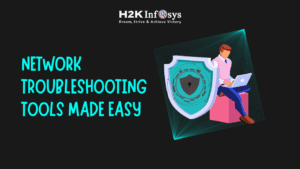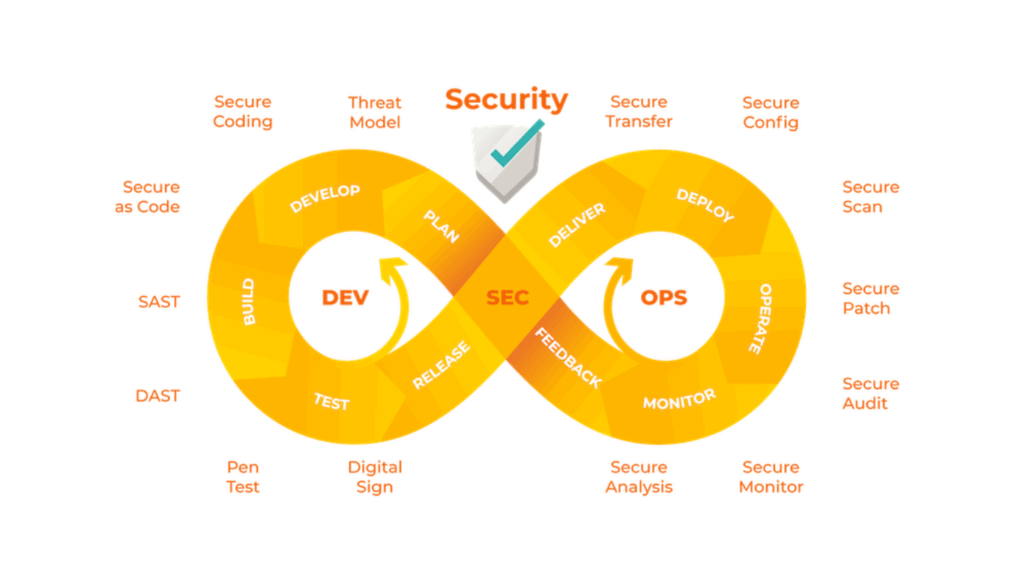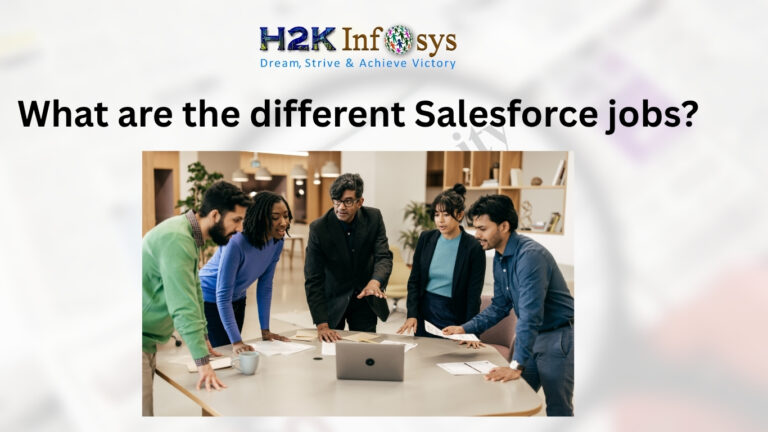We have discussed the first 4-part of the POETIC leadership in Agile. Now, let’s look at the last two parts which are Intelligent and Curious. Check out our Agile certification course to learn more.
I – Intelligent
Naturally, an intelligent leader must take appropriate action. Although it should go without saying, it’s not always the main consideration when hiring or promoting someone. POETIC Leaders must possess the following qualities in order to succeed in a Lean-Agile environment: a high enough IQ to facilitate ongoing learning; a firm understanding of the values and tenets of Lean-Agile; strong domain knowledge to bolster the teams’ efforts; and the capacity to apply this intelligence to business decision-making.
IQ
A high overall IQ is necessary for intelligent leaders. Crucially, their effectiveness does not depend on having a high IQ. It can undoubtedly be useful in many circumstances, but there are a lot of other elements that are just as, if not more, crucial to effective leadership.
The primary benefit of having a sufficient IQ for leaders is that it will enable them to take in and remember important knowledge, apply it to novel situations, and make critical judgments as they arise.
Lean-Agile Values and Principles
Intelligent leaders get a thorough understanding of Lean-Agile principles because they comprehend how these ideas may improve their organisations’ productivity, flexibility, and creativity.
Lean is a mindset and a set of guidelines that emphasises cutting waste and optimising value throughout the company. Agile is a framework for team, development, and product management. Its foundation is the concept of incremental and iterative development, in which teams collaborate to produce modest, high-quality increments of a good or service within brief timeframes or cycles.
The concepts of Lean-Agile can benefit leaders in numerous ways. As an illustration, they can:
- Simplify procedures and cut waste to increase production and efficiency.
Boost client satisfaction by offering superior goods and services.
- Encourage experimentation and learning in order to cultivate a culture of innovation and ongoing progress.
- Encourage openness and adaptability to improve teamwork and communication.
- Boost flexibility and agility to enable businesses to react swiftly to shifting consumer demands and market situations.
In general, leaders who wish to assist their firms in becoming more competitive and effective will find great value in comprehending Lean-Agile principles.
Domain and Technological Knowledge
Having domain knowledge entails being deeply knowledgeable about the sector or field in which the company works, as well as the particular abilities required and tasks carried out by the groups under the leader’s direction. This can assist leaders in staying ahead of the competition, anticipating trends and issues, and making well-informed decisions.
For example, in order to make strategic decisions regarding the company’s direction, a leader in the technology business must be up to date on the newest advancements in hardware, software, and networking.
On the other hand, possessing technological knowledge entails having a general awareness of the newest technologies and how to use them to enhance corporate operations. This can support leaders in locating and introducing cutting-edge technology that fosters creativity, boosts productivity, and raises customer happiness.
A leader in the retail industry, for instance, could have to decide on the company’s technology strategy after considering the possible advantages and difficulties of utilising blockchain, AI, or the Internet of Things.
All things considered, executives who wish to succeed in the fast-paced corporate world of today must possess both domain and technological expertise. It enables people to make well-informed, strategic decisions that can support the objectives and competitiveness of their organisations.
Business Decision Making
A crucial part of leadership is the ability to make wise business judgments. In order to accomplish the objectives of the business, leaders are frequently tasked with deciphering complex data, recognizing important problems and obstacles, and selecting the best course of action.
Leaders require a range of competencies in order to make sound business judgments. For instance, they might have to be capable of:
- Examine information and data to find opportunities, trends, and patterns.
- Recognize the goals, objectives, and core values of the company and base decisions on them.
- Think about the advantages and disadvantages of certain actions.
- Establish clear and effective communication with others in order to get their feedback, impart knowledge, and create consensus.
- Make tough choices quickly and with confidence, even in the face of doubt or dissent.
- All other components of intelligence ultimately serve to facilitate the process of making wise business decisions that are advantageous to the company.
C – Curious
Curiosity is the last quality of a POETIC leader. This trait complements intelligence to foster an environment that emphasises experimentation, exploration, and invention inside the company and to foster a continual learning culture. The core value of Lean-Agile ideals, continual improvement, is supported by each of these attributes.
Exploring
Curious leaders are always looking for fresh insights, experiences, and knowledge. They frequently have a great desire to learn about and comprehend the world in which they live.
They will therefore be able to incorporate best practices, new developments, and industry trends into their company decisions by staying up to date.
Without it, a leader can easily become inert, which also stops the advancement of their teams.
Experimental
In their organisations, curious leaders foster an experimental attitude that involves formulating theories, creating experiments, and analysing the results. Future designs, tactics, and products can be influenced by the trial outcomes.
Another fundamental tenet of the Lean-Agile methodology is experimentation: rapid, iterative production coupled with a robust feedback loop enables ongoing enhancements in process efficiency and product quality.
The psychological safety we previously described is crucial for fostering experimentation because it allows team members and the leader to feel at ease taking calculated chances and possibly making mistakes in the pursuit of development.
Innovation
The concept of innovation is closely tied to experimentation and is essential for organisational success in the current fast-paced competitive landscape.
In order to understand a situation or problem better, curious leaders are willing to try new things, question presumptions, and ask questions. They are also open to fresh ideas and criticism.
This can frequently assist them in recognizing and resolving difficult problems as well as developing original and creative solutions. Additionally, it frequently enables them to foster the creativity and originality of their teams’ solutions. Often, curious leaders:
- Determine and rank potential areas for innovation in light of the organisation’s objectives and the state of the market.
- Clearly define the organisation’s goals and approach for innovation, then direct all of its resources and efforts toward realising them.
- Encourage and facilitate risk-taking and experimenting, and supply the tools and resources required to foster innovation.
- Encourage a climate of cooperation, open communication, and ongoing education. Give team members chances to advance their expertise.
- Ensure the success of innovation projects by tracking their progress and making necessary adjustments.
Learning and the Growth Mindset
Leaders who possess curiosity are lifelong learners who are always looking for new ways to learn and develop. From their own industry or sector to the arts, sciences, and many other disciplines, they may have a broad range of interests. This enables them to contribute varied and comprehensive viewpoints to their leadership position. It also inspires their staff to adopt a growth attitude by following their lead.
Teams with a growth mindset are convinced that with work and education, they can advance and enhance their competencies. Rather than viewing obstacles as dangers or setbacks, they view problems as chances to develop and learn. This strategy facilitates leaders’ ability to remain receptive to fresh perspectives and methods as well as their ability to adjust and react skillfully to changing conditions.
Leaders who possess a growth mindset are also better able to cultivate a culture of ongoing learning and development within their team or firm. Leaders have the power to encourage people to embrace a development mindset by exhibiting it themselves. A team or organisation that is more creative and flexible will be better able to handle the opportunities and difficulties presented by a world that is always changing.
Gemba
Curious leaders frequently wish to travel and personally witness what’s actually going on in the world and at work.
Gemba, a term from Japanese that means “the place” where value is created and work is done, is an excellent method for inquisitive leaders. Going to the “Gemba” to watch and comprehend work processes and spot areas for improvement is a common technique for leaders.
Getting status updates is not what Gemba is about. Leaders can obtain useful insights into the strengths and weaknesses of the current process and discover the potential for simplification, efficiency, and continual development by visiting the Gemba and observing work in progress.
Additionally, by demonstrating to their teams that they are prepared to dig in and participate, Agile leaders can gain the respect and credibility of their teams by visiting the Gemba. All things considered, visiting the Gemba is a crucial component of being a successful Agile leader.
Conclusion
The most valuable thing that leaders can focus on to lead Lean-Agile organisations is the culture that they cultivate.
We’ve outlined some of the most important techniques and methods that lean-agile leaders should know in this article: POETIC Leadership. To learn more, check out our Agile training online.
Not every leader will excel in every endeavour. However, ensuring that all six elements are well-balanced will provide a solid basis for success.





























